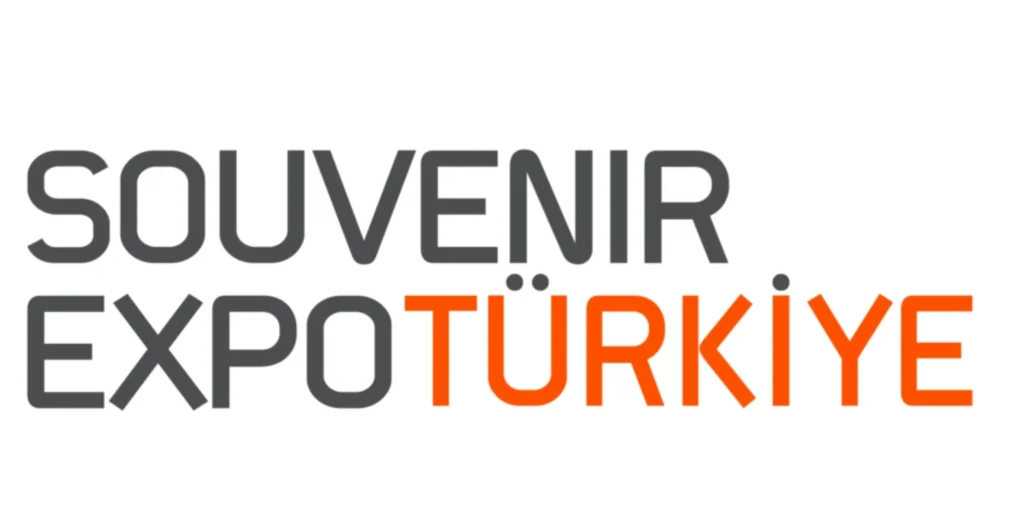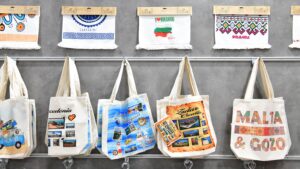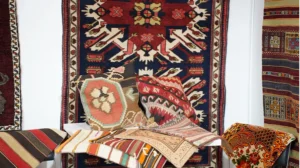Turkey’s souvenir sector is going through a period full of innovations where traditional handicrafts and modern designs coexist.
The developments in both the local and international markets offer exciting opportunities for producers and consumers in the sector.
Here are the most important developments in the sector:
1. Strengthening in the Global Market: Turkey’s Souvenir Exports
Turkey’s rich cultural heritage and handcraftsmanship have a strong position in international markets in the souvenir sector.
In particular, traditional products such as hand-woven carpets, ceramics and wood carvings attract great interest abroad.
As this interest increases, Turkish producers are developing new export strategies to further strengthen their presence in the global market.
2. Sustainability Trends
Sustainability has become one of the most important factors determining consumer preferences.
Souvenirs made from environmentally friendly and recyclable materials are increasingly demanded by both local and global buyers.
In line with this trend, Turkish manufacturers are also expanding their eco-friendly product portfolio and thus responding to consumer expectations.
3. Digitalization and the Rise of E-commerce
The growth of e-commerce platforms with the effect of digitalization is also reflected in the souvenir sector.
Even small workshops now have the opportunity to sell worldwide over the internet.
By reaching large audiences through social media and online stores, manufacturers are opening up to markets they could not access before.
In addition, new technologies such as augmented reality (AR) and virtual reality (VR) allow customers to experience products in a virtual environment.
4. Interest in Local Handicrafts Increases
Local handicrafts stand out as an important part of Turkey’s deep-rooted cultural heritage.
Demand for handmade products is growing rapidly, especially in touristic regions.
Areas such as traditional weaving, ceramics and glass craftsmanship attract intense interest both in the domestic and foreign markets.
By combining these products with modern designs, manufacturers offer both a traditional and contemporary aesthetic.
5. Impact of Tourism: Demand for Souvenirs Increases
Tourism is one of the biggest drivers of the souvenir sector.
Tourists’ desire to get to know the local culture and take home souvenirs increases the demand in this sector.
Especially handmade souvenirs reflecting Turkey’s cultural heritage have become a favorite among tourists.
This situation also allows local producers to develop more products for tourists.
Conclusion
The souvenir sector is undergoing a continuous transformation in the light of changing consumer demands and technological developments.
Factors such as digitalization, sustainability and strengthening in global markets are creating new opportunities for players in the sector.
Turkey’s rich handicraft tradition and strong production capacity allow it to maintain its competitive advantage in this sector.








